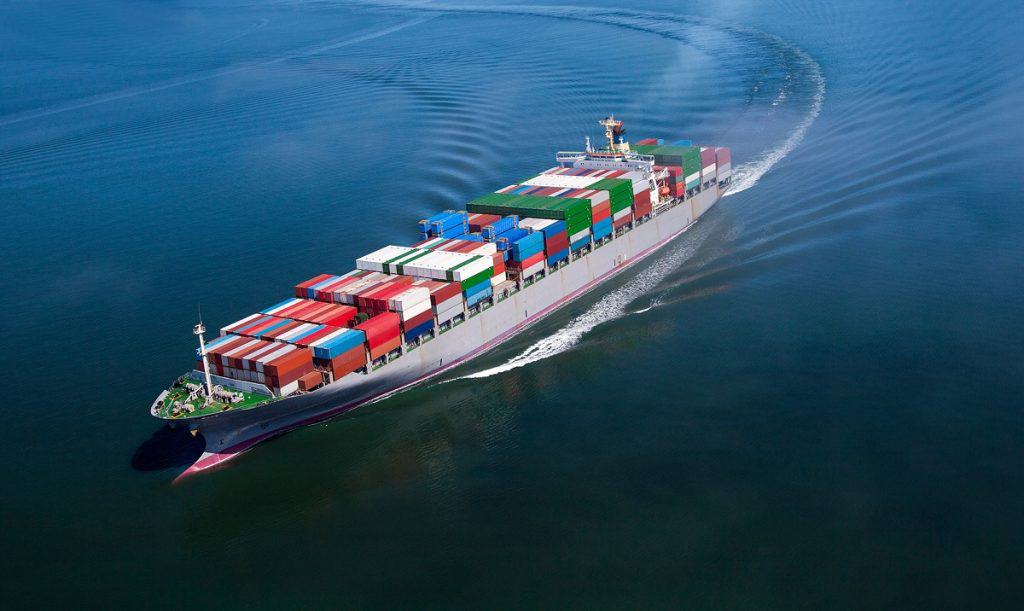The concept underlying any area of law, and shipping law is no exception, should
entail two core issues: the criterion defining the subject matter and the nature of
its rules. Both factors are inextricably linked. First, by defining the subject matter,
a part of the social reality is identified and, consequently, it is governed by specific
rules of law. Second, the set of rules so defined leads to the issue of its eventual
justification, because this set of rules deserves a special or different legal status. In
other words, a new branch of law means that there is a new set of rules that applies
to a sector of the social reality. This may not necessarily be exceptionally different
to the general law, but may complement it or develop it to address specific issues.
These issues raise the traditional debate between unity and specialization within
the legal system. However, it is surprising that the English-speaking maritime law
literature, in general, has not paid much attention to the fundamental issue of the
‘concept’ of shipping law. More precisely, shipping law textbooks usually do not
deal with the reasons that may explain why this subject should be considered as a
different branch of the legal system with specific and distinct legal rules.
On the contrary, in the so-called civil law system, several academic scholars and
handbooks are concerned with the definition of shipping law and the justification
of having special rules to solve maritime matters.
Maritime Law, Shipping Law, Admiralty Law, and Commercial Maritime Law are
different expressions. However, in terms of definition the relevant question is the
following: have these words the same meaning? The answer depends on the interpretation
given to the concept of the so-called Maritime Law.
From the comparative point of view there is, once again, a different approach between
common law and civil law literature. In short, it can be said that, on the one
hand, in standard English, Maritime Law, Shipping Law, and Admiralty Law are
the same, but different from the Law of the Sea or Law of the Oceans. The first
set of expressions deals with the private aspects of the shipping industry and commerce,
mainly carriage of goods by sea, insurance, etc., while the latter refers to
the public and international aspect of the sea, like maritime boundaries, coastal
resources, environment, fisheries, zones, etc.
On the other hand, in civil law countries, there is a new trend to deal, under the
expression either Maritime Law or Navigation Law, with all legal aspects—private,
public, national, or international—related to the sea. From this point of view,
Maritime Law is defined as a set of legal relationships born or developed with
the sea. Therefore, the sea and the maritime matters constitute the criteria defining
the subject matter. Consequently, Maritime Law is conceived as more than a
branch of law, but rather a general law that includes aspects of private law and the
public law, both national and international.
This definition implies the recognition of three degrees of autonomy: academic,
legislative, and judiciary.
- Academic autonomy arises from the fact that Maritime Law constitutes specific
knowledge integrated into the legal system and governed by detailed
rules—Maritime Law must be recognized as an independent subject in the
university syllabus. Therefore, this perspective entitles the endowment of university
chairs, tenures, and institutes for research and teaching. - Legislative autonomy refers to a set of rules that are not dependent on other
branches of the legal system, such as has traditionally been the case (commercial
law, administrative law, international law, labour law, civil code of procedure,
etc.). Maritime legislation might have its own codification, without
prejudice to the unity of the entire legal system. The legislative power would
establish substantive maritime law and admiralty procedure. - Judicial autonomy: the competence and jurisdiction on maritime cases must
be reserved to those courts specialized in maritime law. The power to decide
maritime and admiralty cases must be placed in maritime judges.
In conclusion, the definition of maritime law is still an open question. It depends
on the different factors that come into play, common law system vs civil law system,
schools of law, scholars’ opinions, English language vs other languages, history and
tradition, and so on. In all cases, Maritime Law must be an independent branch
of the law, in all national legal systems—because the regulation of the sea and the
maritime cases deserve special rules to meet its special needs and circumstances.
Notwithstanding the above, considering that this Volume focuses exclusively on
‘shipping law’, this Chapter shall only focus on the concept, sources, and international
organizations relating to shipping law.
Shipping cases are quite different from land, rail, road, or air cases. At the same
time, international sea trade deserves uniformity, both in substantive law and
procedure. For example, why should the liability in a collision case which has
occurred in international waters be different according to the national flag of the
ship? Similarly, why should the liability of the shipowner for damages to the goods
carried be different depending on the jurisdiction of the court?
Having different legal solutions to common problems is the worst way to achieve
development, growth, and welfare of international trade. This way of thinking has
become a shared value in the international maritime community and therefore
shipping law must achieve the ever difficult goal of uniformity. Uniformity is the
key word.

